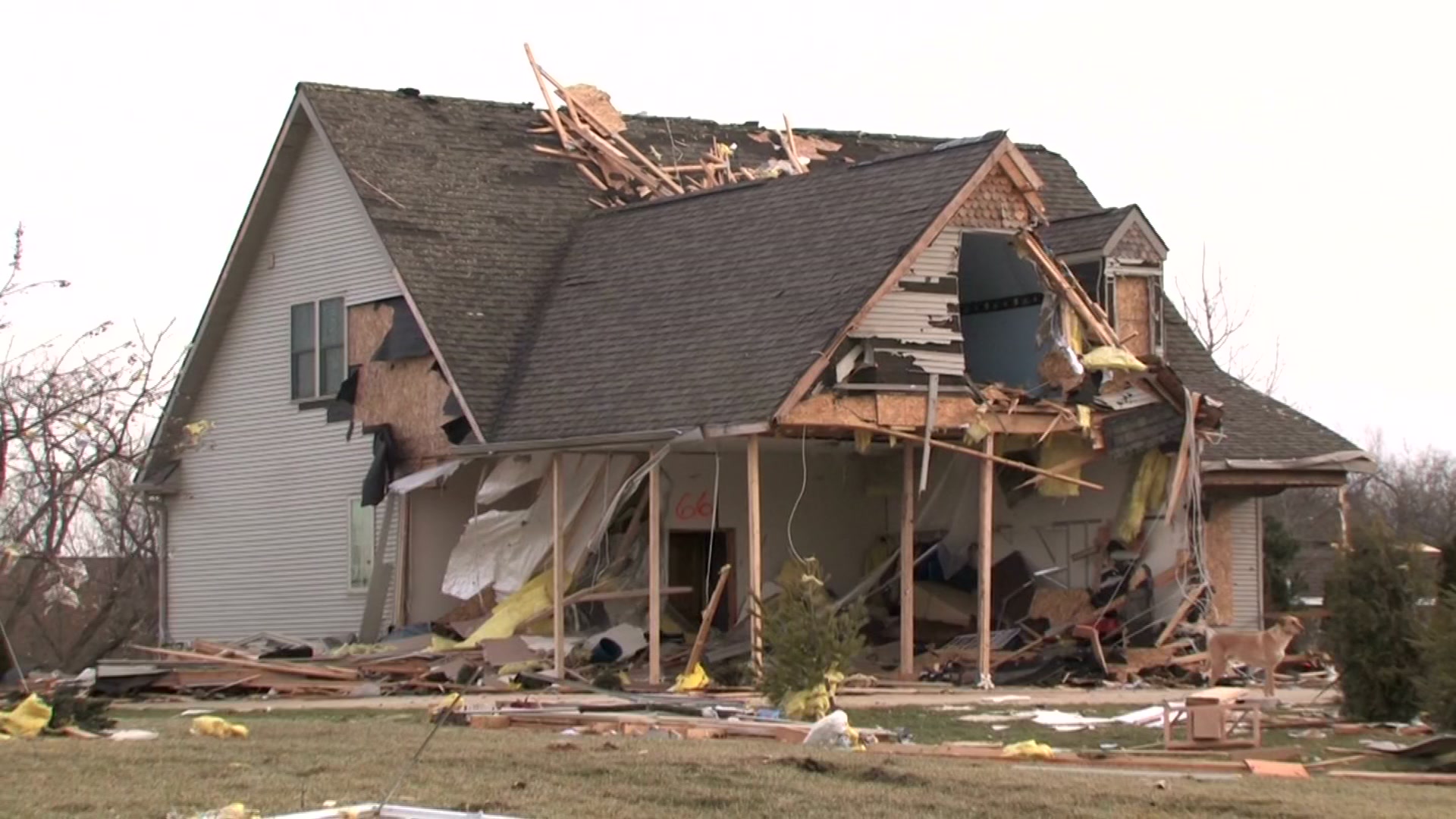Before you fire up the grill for some great summer meals, Consumer Reports has a caution. The beef you buy may have been tenderized by machines, and that process can introduce potentially deadly bacteria into your food.
The trouble is that sharp blades or needles can drive dangerous bacteria, including E. coli, from the surface of the meat into the center, where they’re harder to kill. That can increase health risks, especially for people who eat their meat rare or medium rare.
The Centers for Disease Control has reports of four deaths and 174 illnesses in the past 10 years caused by mechanically tenderized beef that was contaminated with harmful E. coli bacteria.
You can't tell by looking at the beef whether it has been run through a machine. Costco now labels any beef that has been "blade tenderized." That after an outbreak was linked to its meat sold in Canada last year.
Consumer Reports does not know exactly how much meat in the U.S. is tenderized by machine. But it believes that labeling should be required so that people know to cook it thoroughly. And the best way to be sure meat is thoroughly cooked is to use a meat thermometer and make sure the temperature reaches 160° F in the center.
Also be aware that steak and roasts you get in restaurants may be mechanically tenderized, too. So your safest bet is to order meat well done.
The federal government is currently weighing whether to require mandatory labeling for mechanically tenderized meat. The American Meat Institute, a trade association, had opposed labeling but says it may reconsider its position if new federal data suggest that labeling would be helpful.
Consumer Reports
The latest news from Consumer Reports magazine.
You can get more information on mechanically tenderized beef here.
Complete Ratings and recommendations on all kinds of products, including appliances, cars & trucks, and electronic gear, are available on Consumer Reports’ website.



